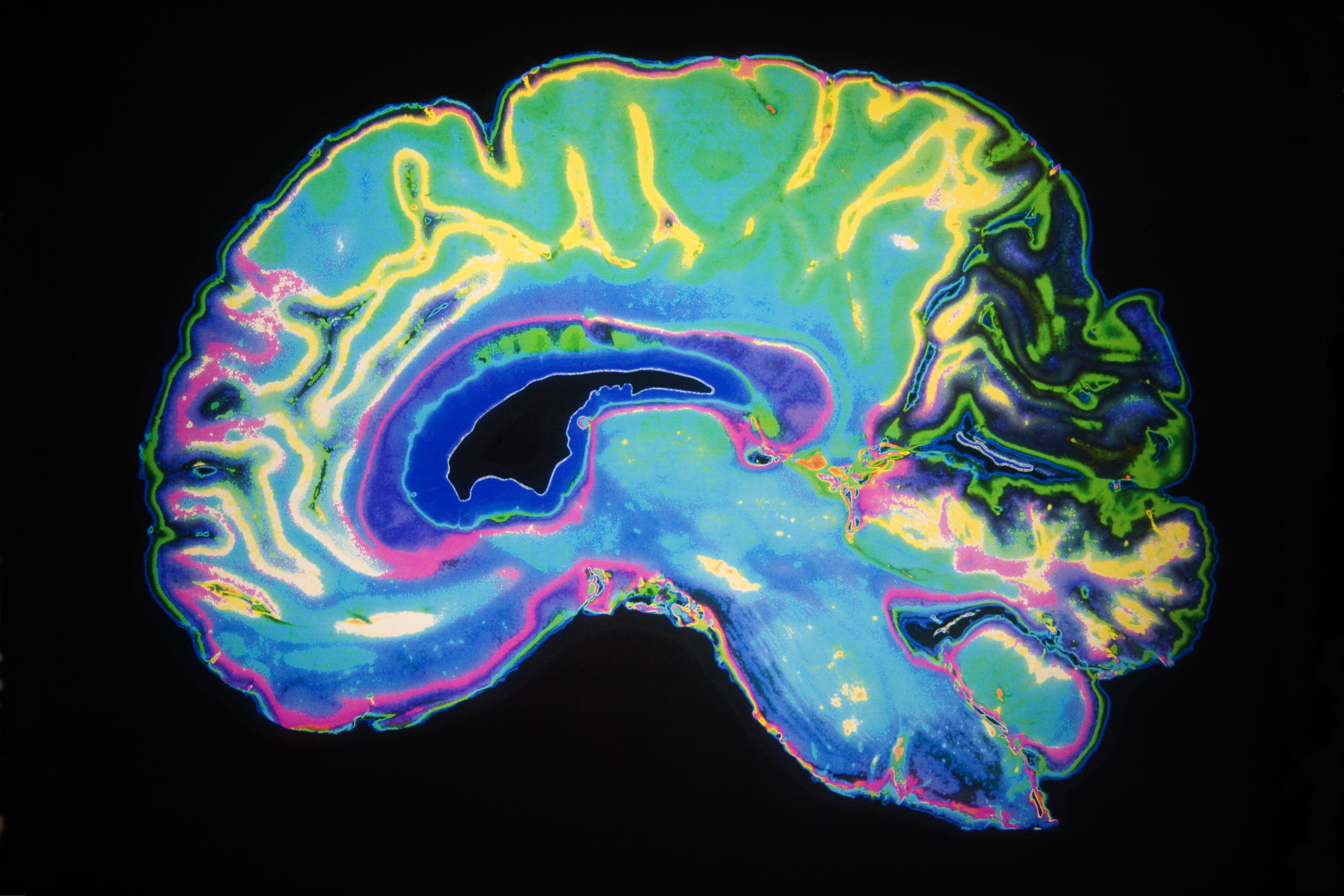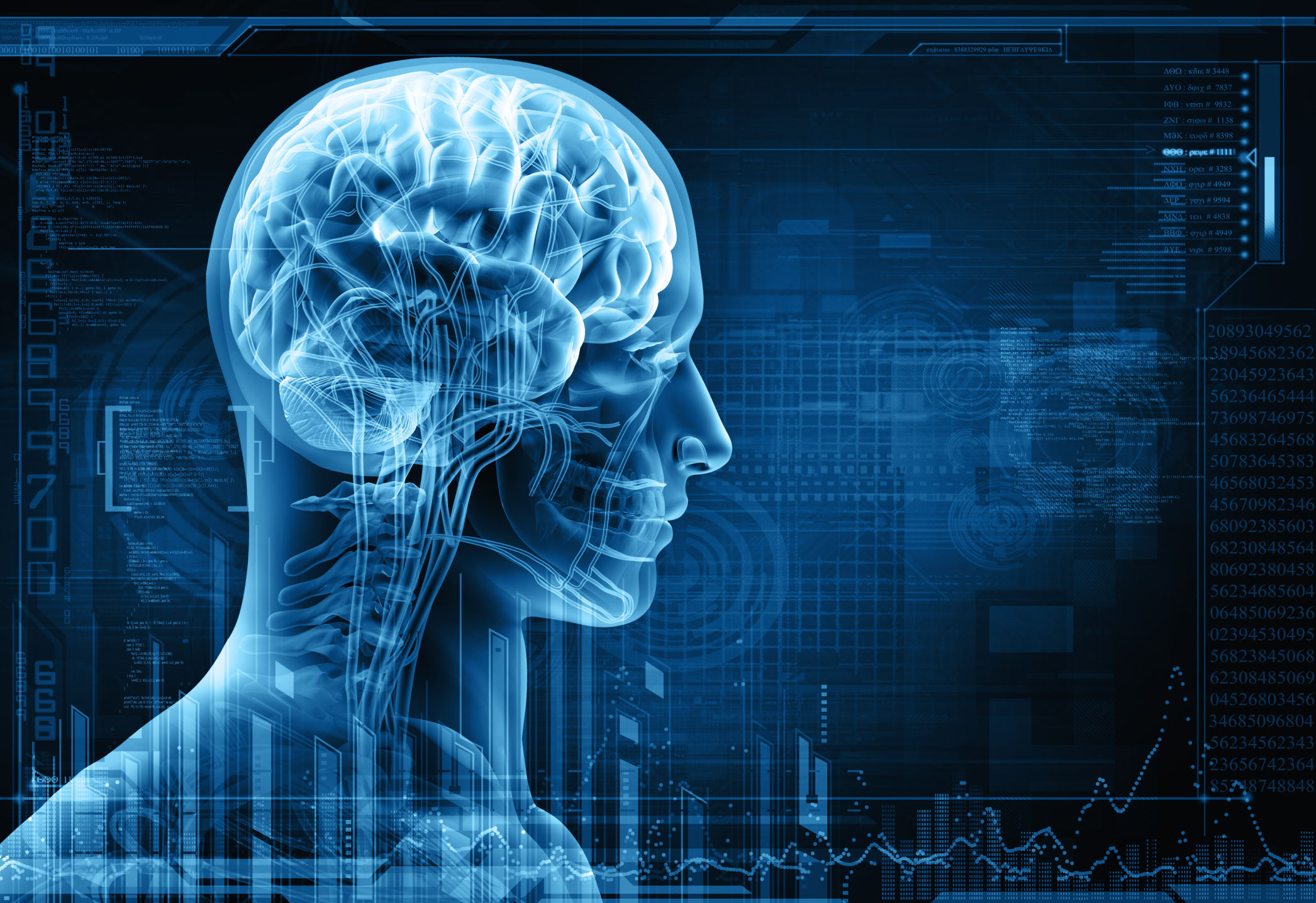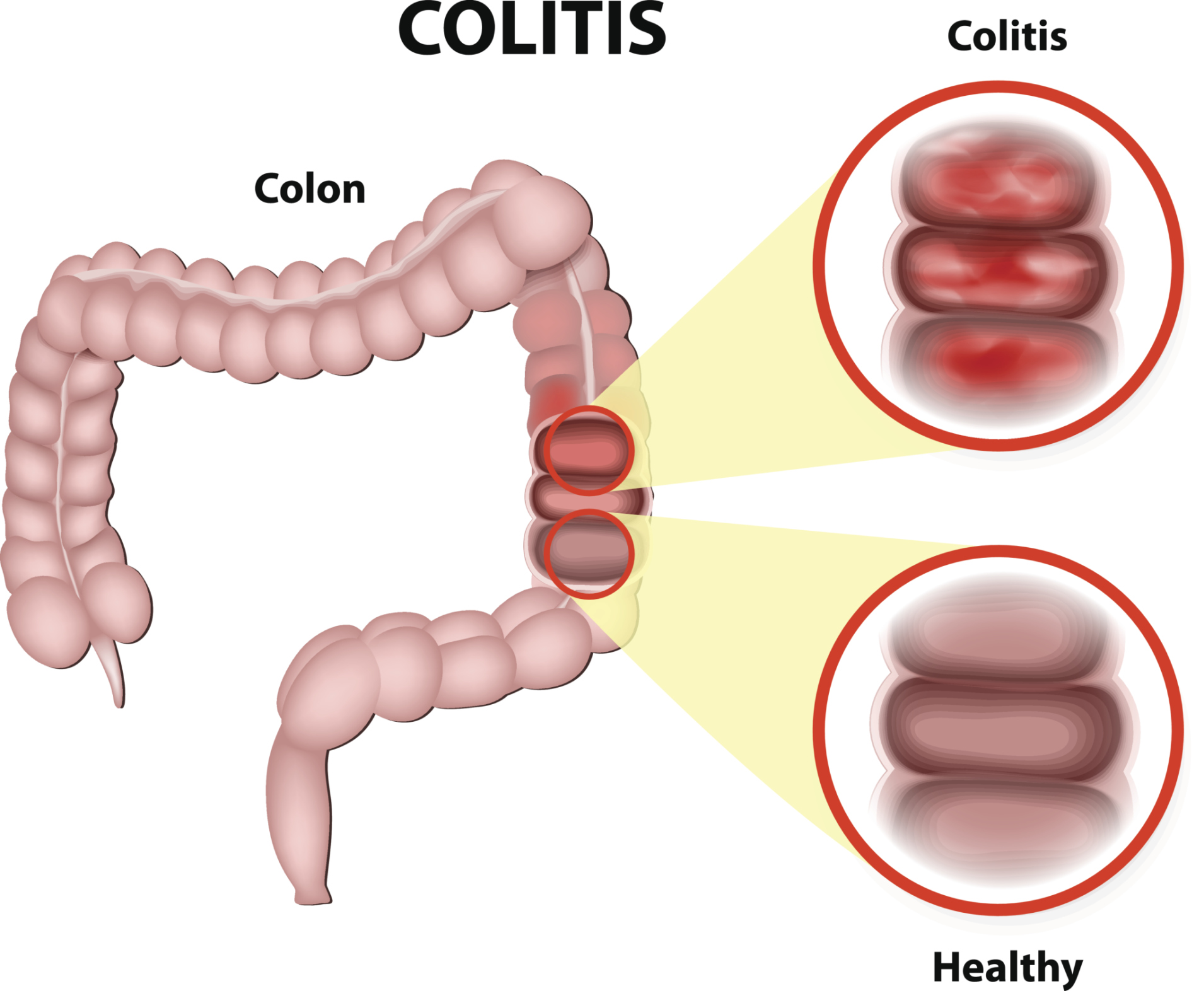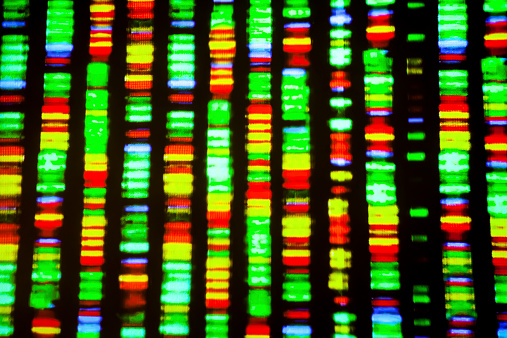Schizophrenia and Alzheimer’s disease risk linked to brain inflammation
Schizophrenia and Alzheimer’s disease risk is linked to brain inflammation, according to a study published in the American Journal of Psychiatry. The researchers found that immune cells are more active in the brains of individuals in high-risk group for schizophrenia and Alzheimer’s disease, and who have already been diagnosed with such conditions. The findings point ...click here to read more














